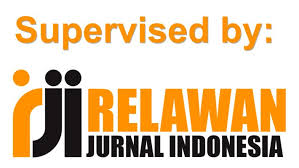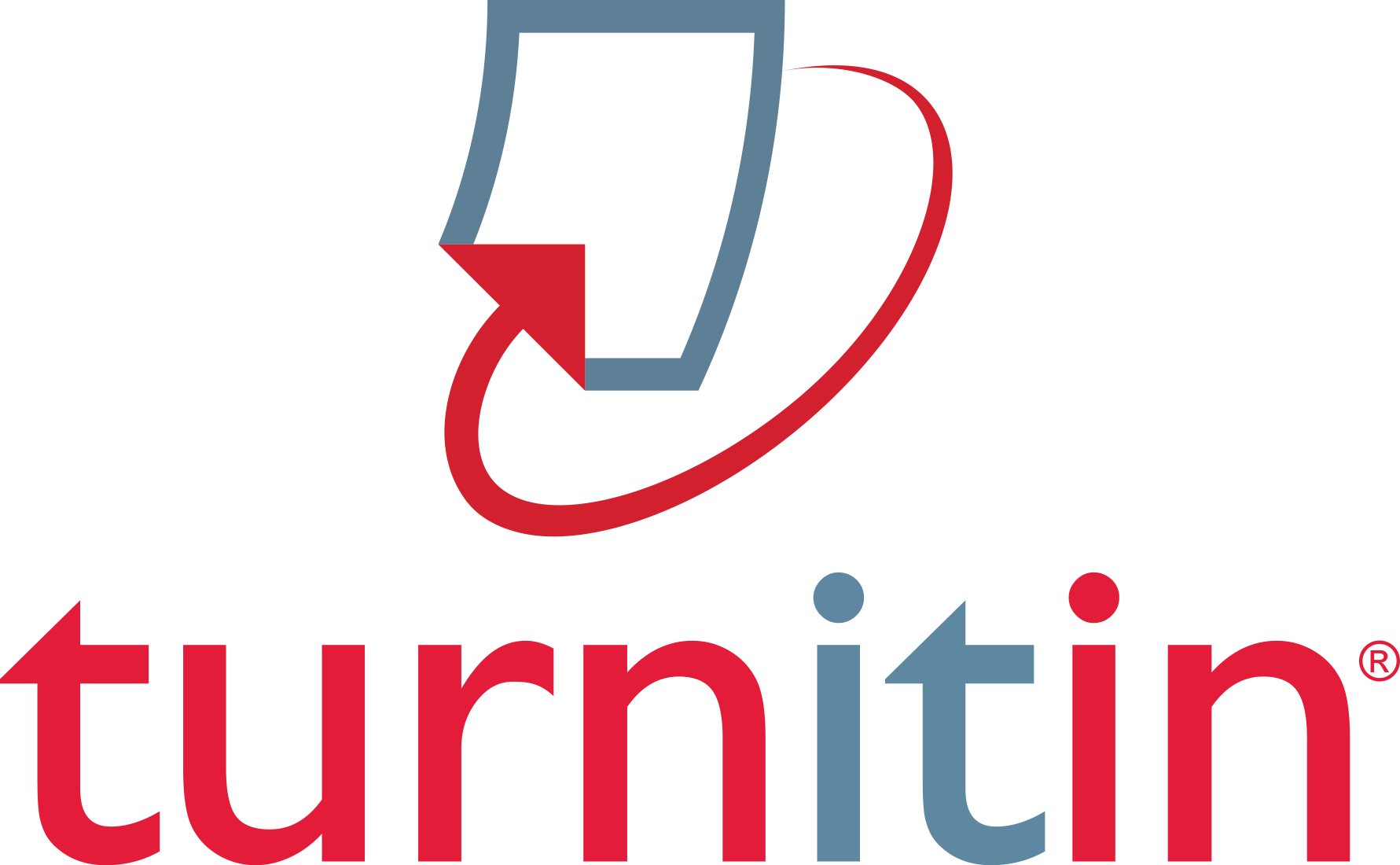Analisis Kesiapan Guru dalam Pelaksanaan Pembelajaran Coding melalui Metode Gamifikasi di MIN 1 Dairi
Studi Kasus di MIN 1 Dairi
Abstract
Teachers are an important component of the education system that prioritizes the development of fundamental digital skills. Recognizing the importance of coding skills because they train the mindset to find and solve problems creatively, even in children aged 4-5 years, developed countries have included these skills in the school curriculum from an early age. Gamification encourages students to be more active and enthusiastic when participating in class, so that to equip students with 21st-century skills and direct students to behave positively, the researcher is interested in seeing the readiness of teachers in welcoming and implementing coding learning using the gamification method at MIN 1 Dairi. The problem formulation of this study is how Teacher Readiness in Implementing Coding Learning with the Gamification Method at MIN 1 Dairi. This study aims to describe the readiness of teachers in Implementing Coding Learning with the Gamification Method at MIN 1 Dairi. The research concluded that the planning and implementation of teacher readiness for coding learning at MIN 1 Dairi encompassed the learning foundation, objectives, approaches, models, media, introductory, core, and closing activities, assessment, and management. This demonstrates that teachers are sufficiently prepared to teach coding to all students at MIN 1 Dairi, despite the need for improvement in facilities and infrastructure
References
Badan Standar, kurikulum dan asesmen pendidikan K. P. D. dan M. (2025). Pembelajaran Koding dan Kecerdasan Artifisial Pada Pendidikan Dasar dan Menengah. In Proceedings of the National Academy of Sciences (Vol. 3, Nomor 1). http://dx.doi.org/10.1016/j.bpj.2015.06.056%0Ahttps://academic.oup.com/bioinformatics/article-abstract/34/13/2201/4852827%0Ainternal-pdf://semisupervised-3254828305/semisupervised.ppt%0Ahttp://dx.doi.org/10.1016/j.str.2013.02.005%0Ahttp://dx.doi.org/10.10
Ekoran, G., Aspariga, D., & Zaidir, Z. (2025). Analisis Kesiapan Guru dalam Mengimplementasikan Mata Pelajaran Koding dan Kecerdasan Artifisial pada Kurikulum Nasional di Sekolah Menengah. 3(September).
Fifa Aprilia Maziyah, H. W. (2025). Pelaksanaan Pembelajaran Coding SDN Pandean Lamper 05. 2(1), 2571–2575.
Indah Setianingrum, A. F. H. (2025). Pengaruh Pemahaman Guru PAUD terhadap Pembelajaran Coding Anak Usia Dini. 90–100.
Ismayani, A. (2022). Pembelajaran Matematika Melalui Koding. Idealmathedu: Indonesian Digital Journal of Mathematics and Education, 9(1), 1–19. https://doi.org/10.53717/idealmathedu.v9i1.320
Istiqomah, N. (2024). Coding For Kids : Belajar Pemograman Dengan Scratch. 1–181.
Kiptiyah, Y. I. W. siti maryatul. (2024). Analisis Kesiapan Guru Dalam Implementasi Kurikulum Merdeka Di Sdn 5 Mendenrejo Kecamatan Kradenan Kabupaten Blora Tahun Ajaran 2023/2024. The Oxford Companion to Wine: Fifth Edition, 7(2), 455.
Klarisa, L., Setiyanti, A. A., Purnomo, H. D., & Gundo, A. J. (2023). Analisis Kesiapan Pembelajaran Artificial Intelligence di Tingkat Pendidikan Dasar (Studi Kasus di SMP Negeri 1 Salatiga). Edukatif : Jurnal Ilmu Pendidikan, 5(3), 1543–1552. https://doi.org/10.31004/edukatif.v5i3.5271
Muklason, A., Riksakomara, E., Mahananto, F., Djunaidy, A., Vinarti, R. A., Anggraeni, W., Nurita, R. T., Utamima, A., Fauzia, R., Theresia, L. W., Fikri, M. A., Propitadewa, H., Habibah, J. H., Prasetyo, J. D., Permatasari, S. T. I., Risnina, N. N., Tsaniyah, N. D., & Maulana, M. D. (2023). Coding for Kids: Pengenalan Pemrograman untuk Anak Sekolah Dasar sebagai Literasi Digital Baru di Industri 4.0. Sewagati, 7(3). https://doi.org/10.12962/j26139960.v7i3.506
Romadhon, K., Rokhimawan, M. A., Irfan, I., Fajriyani, N. A., Wibowo, Y. R., & Ayuningtyas, D. R. (2023). Analisis Kesiapan Guru dalam Implementasi Kurikulum Merdeka (Studi Kasus di SD Negeri 1 Ulak Kedondong). Al-Madrasah: Jurnal Pendidikan Madrasah Ibtidaiyah, 7(3), 1049. https://doi.org/10.35931/am.v7i3.2239

This work is licensed under a Creative Commons Attribution 4.0 International License.
Penulis yang menerbitkan karyanya ke jurnal ini setuju dengan persyaratan berikut:
Penulis menyimpan hak cipta dan memberikan hak penerbitan pertama kepada jurnal, dengan karya yang secara serentak dilisensikan di bawah Lisensi: Creative Commons Attribution - Share Alike 4.0 Internasional License yang memungkinkan orang lain membagikan karya dengan pengakuan penerbitan awal dan kepenulisan karya di jurnal ini.











